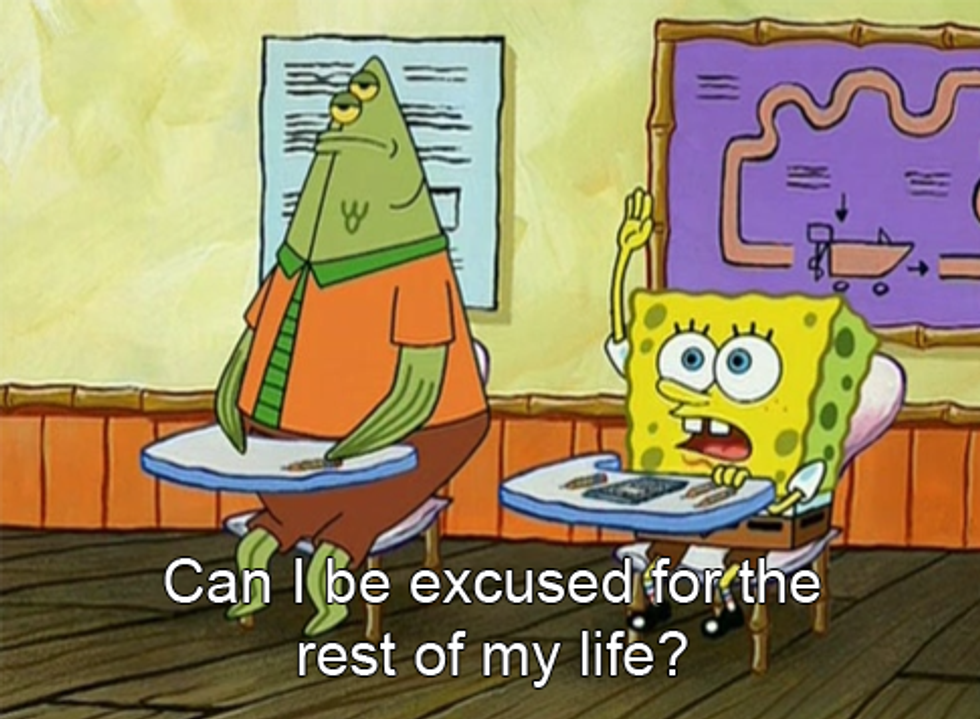Although the gender roles in the production of African art are becoming less restrictive and more women are beginning to take on the artistic jobs only men previously took on, there are still unique and separate gender roles defined within African society. The Mende people are known to practice farming and the heavy farm work is oftentimes left to the Mende men. In farming, the Mende men clear the land for planting while women clean and pound rice and fish. Gender roles prevail outside of the work sphere as well as the Mende people practice polygamy. Oftentimes, one man and a few of his brothers represent the household. Similarly, the senior male in a Mende household holds moral authority, which includes the right to respect and obedience. Another African culture that maintains gender roles throughout its society is that of the Igbo people of southern Nigeria. The Igbo women usually work within the home by cooking and cleaning. On the other hand, the Igbo men work the fields. Outside of the work sphere, arranged marriages prevail. Prior to courtship, the Igbo man has to prove that he is ready for marriage. After courtship and the future bride’s approval, a bride price is determined. Not only do gender roles prevail throughout African society, but they also prevail throughout African art.
Have Your Voice Heard: Become An Odyssey Creator
The Bundu mask is an essential part of the coming of age of Mende girls. The Mende people live throughout Sierra Leone, Liberia, and Guinea. The Mende women act as mentors as they prepare young Mende girls for the adult life in which they will act as wives, mothers, and members of the female community. These adult women participate in the young girls' initiation ceremonies by dressing as Sando, the water spirit of the Sande Society. The Mende women wear delicately carved masks that demonstrate the beauty of both the Sando and Mende women themselves. Key details of the masks, such as the coiffure, or the hair attached to the bottom of it, symbolize elegance, wealth, and femininity. The thicker the hair on the coiffure, the more admirable it is. In addition to acting as key figures in the initiation ceremonies of young women, the women that wear these masks maintain important roles throughout society. The women that dance and participate in these ceremonies serve as priestesses and judges for the three years that the women’s society controls the ritual calendar.
The Igbo ceremonies revolve around the cult symbolism of the Ikenga. The Ikenga is said to symbolize individual achievements through hard work. The Ikenga itself is a carved wooden seated figure of a man with two horns on his head, a sword in his right hand, and a skull in his left hand. The horns signify that the owner of the Ikenga must go through business with stubbornness. The knife symbolizes that the owner must cut down obstacles, and the skull symbolizes that the owner must take the lead to succeed. In the Igbo society, when a man succeeds, he has to make sacrifices to the Ikenga to show his appreciation. In our society, coming of age is often defined religiously as a Quinceñera, a Confirmation, and a Bar or Bat Mitzvah. Non-religiously, there are secular transitions such as graduations, but they are not as celebratory as the traditions of the African people.






















